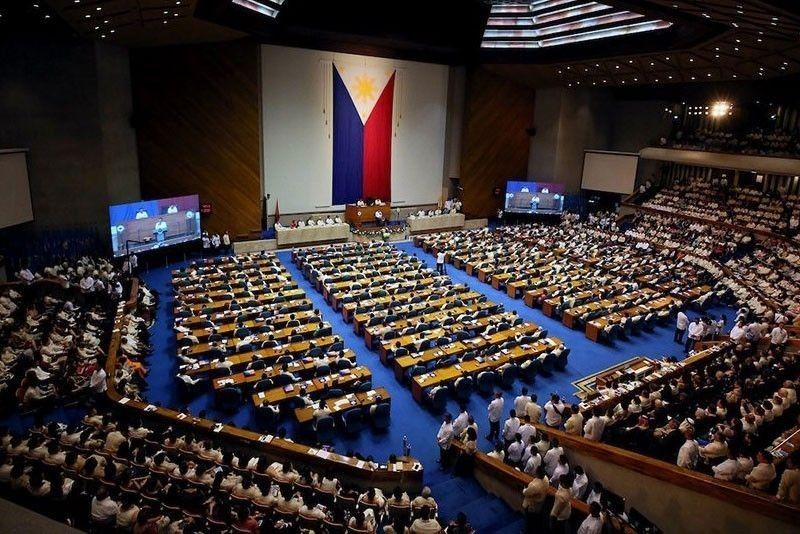House to RTC: Don’t interfere with Ombudsman decisions

MANILA, Philippines — House members affirmed yesterday the Court Administrator’s circular addressing regional trial court (RTC) judges’ interference in the implementation of decisions on disciplinary cases by the Office of the Ombudsman, stressing that it meant there are several constitutional and quasi-judicial bodies where its temporary restraining orders cannot be enforced.
Rep. Alfredo Garbin Jr. of Ako Bicol party-list, who also sits as vice chairman of the justice committee in the House of Representatives, enumerated a list of government agencies that are beyond the reach or jurisdiction of RTC judges.
He said the circular of Court Administrator Jose Midas Marquez also extends – and thus exempts “other adjudicative bodies, also known as quasi-judicial bodies” – whose mandates involve resolving quasi-judicial issues that are covered only by appellate courts.
Temporary restraining orders (TROs) issued by RTC judges only have a lifespan of 20 days unless made permanent by writs of preliminary injunction, while those TROs issued by the Court of Appeals will be valid for 60 days or two months. A TRO issued by the Supreme Court (SC) is deemed indefinite.
Appellate courts refer to either the 51-man CA or the 15-member C.
Marquez issued last Thursday a circular that reminded RTC judges not to interfere with the implementation of decisions on disciplinary cases by the ombudsman, as these do not fall under the mandate of the RTCs.
Garbin, a lawyer-legislator who belongs to the super majority coalition, pointed out that the Marquez circular “can be regarded as notice to all parties with pending cases in adjudicative bodies” that they can elevate their cases either to the CA or SC for immediate relief.
“All the national and local government officials should be reminded that their favorite or friendly RTC judges do not have the power to interfere in the implementation of suspension orders of the adjudicative bodies, including the Office of the Ombudsman,” he said.
Invoking the Marcos-era Batas Pambansa 129 or Section 9 of the Judiciary Reorganization Act of 1980, which covers the mandate of the CA, Garbin said among those excluded in RTC jurisdiction are the Energy Regulatory Commission, Commission on Higher Education, National Labor Relations Commission – an attached agency under the Department of Labor and Employment – the Securities and Exchange Commission as well as the National Telecommunications Commission that regulates and supervises local telcos.
“These quasi-judicial or adjudicative bodies most often have original exclusive jurisdiction and are co-equal to RTCs,” Garbin said.
“The OCA circular is a reminder to everyone that only courts and quasi-judicial bodies with appellate jurisdiction can assume jurisdiction over cases coming from bodies with original exclusive jurisdiction,” he explained.
Dasmariñas City Rep. Elpidio Barzaga Jr. of Cavite said constitutional bodies like the Commission on Elections, Civil Service Commission and the Commission on Audit are likewise excluded from RTC’s coverage.
“We also have to warn or remind our RTC judges who issue TROs at whim that they can be penalized by the SC for doing so. And the government is not without recourse in such situations,” Barzaga, chairman of the House committee on environment, reiterated.
Logically, courts that are higher than RTCs like the Court of Tax Appeals, the anti-graft court Sandiganbayan and the court of last resort SC are not covered by any decision of the RTCs, which of course includes the lower metropolitan and municipal trial courts.
Marquez had warned RTC judges against interfering in the rulings of the ombudsman, now under former SC justice Samuel Martires, whose decisions in disciplinary cases over all elected and appointed government officials are directly appealable only to the CA.
- Latest
- Trending






























